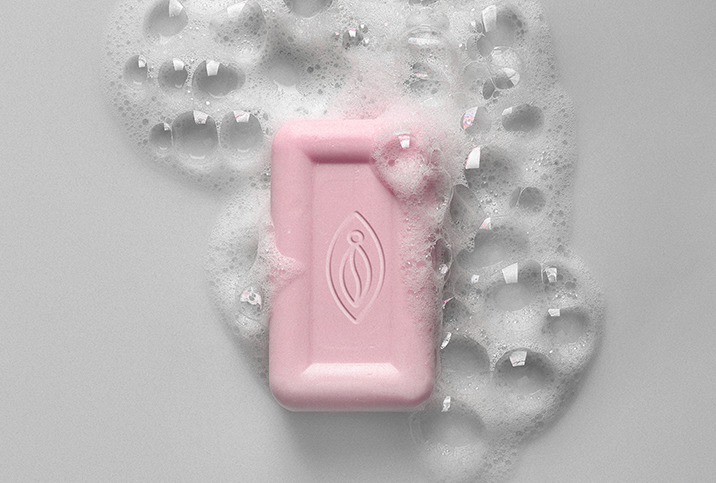Women's Grooming & Hygiene: Myths & Misconceptions

For centuries, women have felt the need to pluck, primp, shave and wax. None of those actions, however, is based on an actual biological need; they're all based on societal trends and beauty perceptions. Some have been done for so long now that they've sprouted their own misconceptions.
Let's take a look at five common grooming and hygiene myths and debunk them for women everywhere.
Myth: If I have body odor, I must be dirty.
Reality: Body odor is different for everyone. Depending on your lifestyle, heredity and the foods you eat, you may find that you have a distinctive scent that most deodorants can't touch. The key to tackling your bodily essence isn't as simple as buying a stronger body wash. You may find that eliminating foods such as garlic and onions will help, or you can try washing with an antibacterial soap to kill any stubborn bacteria. I have always had difficulty with body odor, no matter how often I take a shower, because the truth is that it has nothing to do with cleanliness and everything to do with diet and overall wellness.
Myth: Armpit hair stinks.
Reality: Armpit odor is caused by a combination of sweat and bacteria, not hair. Even if you shave daily—or don't, since armpit hair is a personal choice—the bacteria are unaffected and will continue to cause odors. No matter how hairy or not you choose to be, make it a choice based on comfort, not a beauty myth from the early 20th century.
If you choose not to shave, you're not alone: More and more folks are ditching the razor. Market research firm Mintel reported that between 2013 and 2016, the percentage of young women who shaved their armpits went from 95 percent to 77 percent.
Myth: Removing pubic hair prevents STIs and STDs.
Reality: Protected sex, not a Brazilian wax, prevents sexually transmitted diseases (STDs) and infections (STIs).
STDs and STIs are passed between partners through bodily fluids. Whether you wax, pluck or shave your pubic hair makes no difference in transmission. In fact, bleeding during hair removal may actually make you more susceptible to transmission, because the tiny cuts are open wounds waiting for infection.
The best way to prevent an STD is to wear a condom during sex. I know, it's shocking that something from high school sex-ed still holds up, but there's no magical hygiene trick to keep you safe. When it comes to STDs, don't mess around. Use protection and follow medically sound guidance from a professional, such as a gynecologist.
Myth: Vaginal discharge signals a yeast infection.
Reality: Vaginal discharge is a tricky subject, because every vagina is different. While it's true that large quantities of discharge coupled with a strong odor can indicate a yeast infection, it's also true that some vaginas normally produce discharge and a strong smell. Here's the best rule to follow: If you notice a change in discharge or odor, use common sense and contact your doctor.
The reality is that vaginal discharge in any quantity is normal if it's normal for you. It can also ebb and flow depending on your monthly cycle, so instead of being embarrassed, pay attention to your discharge; knowing your baseline will help you recognize any potentially important changes.
Myth: Steaming cleanses my uterus.
Reality: Vaginal steaming can be dangerous. This myth implies that if you steam your vagina, the steam will travel to your uterus and cleanse it of toxins. I'm not sure what toxins I supposedly have in my uterus, but unless I physically funnel steam into my cervix, steaming doesn't work.
While this treatment has little effect on the uterus, women who have used vaginal steaming report benefits for the vagina, including a reduction in menstrual and menopause symptoms and improved vaginal health. Keep in mind, however, that no medical benefits have been proved, and you need to be very careful, because vaginal steaming can have some dangerous side effects.
Before you believe an old wives' tale or the latest celebrity beauty secret—and there are significantly more myths out there in addition to the few we covered here—ask your gynecologist for some medical insight to keep you safe.


















